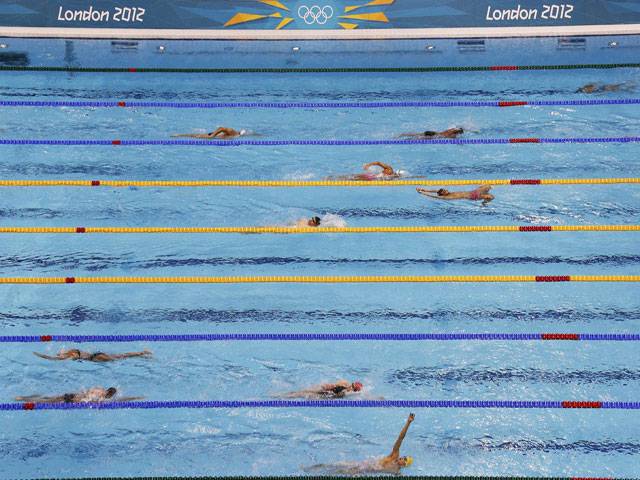LONDON - Nora Perry, twice a former world badminton champion, blasted the International Olympic Committee as "disgraceful" on Tuesday, claiming they were not doing enough to advance the cause of women.
Even after the elevation of Perry's fellow former world badminton champion Li Lingwei to the IOC this week, the Olympic decision making body will still have fewer than 20 women in a committee of more than a hundred. "It's all very well for the IOC to tell sports they should do more to increase women's participation, but the IOC is worse than they are," said the Englishwoman.
"They talked about getting a quota. But you know what? We got the same argument from them: we have to get the right women. Translated, that means 'there's not the right women'. When did you hear it said -- we have to get the right men? You don't hear it said. You just say 'we have to get it right'. It's disgraceful," alleged Perry, a former world champion in women's and mixed doubles. Are other women not good enough? I don't believe the women they have are the only ones they could have. We need the IOC to set an example and help women find paths to involvement."
Perry's claims brought reminders of previous critics who have pointed out that the gender ratio in most Olympic decision-making bodies is often one to five or worse -- even though it is closer to 50-50 in actual competition. The London Games will be the first Olympics where women will compete in all 26 sports on offer. At Beijing there were 4,746 women competitors, which was a record 42 percent of the total, and estimates suggest that the London percentage will be even higher. But Perry wants the IOC to create pathways for women in the way the Badminton World Federation's Women in Badminton Commission attempts to do. Joining the commission, she says, improves women's chances of becoming a BWF councillor. "It is sad, because the IOC should be leading in this," Perry asserted.
"Everyone looks up to the IOC. They are the ones who send out messages -- about drugs, about performance, and about organisation. They send out messages, but not the right messages about women. They are reluctant to use quotas. But we can't expect changes within our sport unless the IOC is more pro-active about how to bring women in."
Tuesday, April 16, 2024
Perry blasts ‘disgraceful' IOC over women's role

Elon Musk proposes small fee for new X users to combat fake accounts
1:01 PM | April 16, 2024
Samsung overtakes Apple as top smartphone maker: Report
12:57 PM | April 16, 2024
Pakistan, IMF discussing new multi-billion-dollar program, says Finance Minister Aurangzeb
11:09 AM | April 16, 2024
LESCO ‘bars’ officers from appearing before FIA in overbilling probe
10:49 AM | April 16, 2024
Aleem Khan, Kamran Tessori discuss matters of mutual interests
10:40 AM | April 16, 2024
Political Reconciliation
April 16, 2024
Pricing Pressures
April 16, 2024
Western Hypocrisy
April 16, 2024
Policing Reforms
April 15, 2024
Storm Safety
April 15, 2024
Democratic harmony
April 16, 2024
Digital dilemma
April 16, 2024
Classroom crisis
April 16, 2024
Bridging gaps
April 16, 2024
Suicide awareness
April 15, 2024
ePaper - Nawaiwaqt
Advertisement
Nawaiwaqt Group | Copyright © 2024





